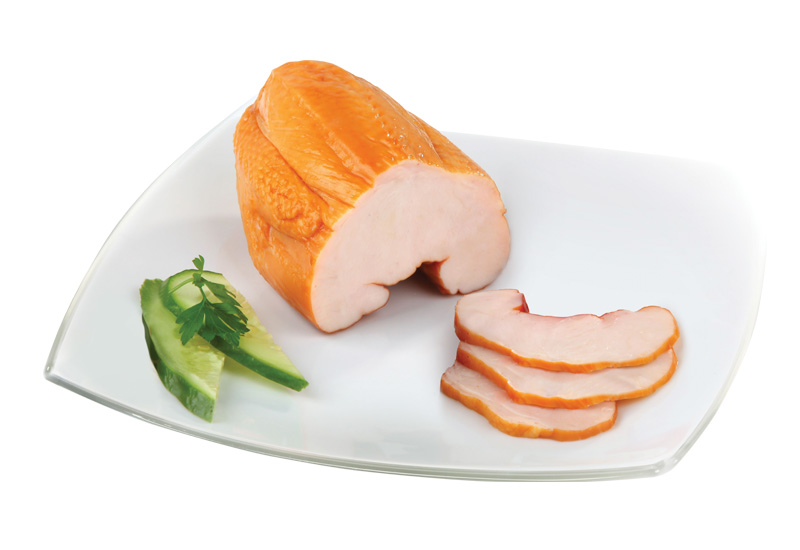Supply strain
Despite the vitality of the regional halal industry, some produce is still tough to get hold of.
“There are some challenges with getting certain product available fresh, particularly speciality meats,” explains The Ritz-Carlton Abu Dhabi Grand Canal executive chef David Gache.
Midamar’s Aossey says: “There is a good variety of products that are halal compliant, but the challenge for chefs is finding the variety that they are used to having in their home countries. This involves research and resourcefulness.”

| Advertisement |
The evolution of halal consumer tastes makes the task even harder.
“The taste preferences and expectations of the halal consumer are diverse and the chefs may find it difficult to please all tastes and preferences. For example, some nationalities consume only lean beef while others demand marbling,” explains Aossey.
Like chef Gache, some chefs prefer to purchase fresh unfrozen meats, which are not readily available in Gulf countries.
But if the product is not available, the chef is forced to adapt.
“It really brings out the creative chef in you – that’s part of the charm of working in the Middle East,” says Gache.
Worldwide, Gache says halal product is more readily available in all types of restaurants – however, this hasn’t always been the case.
“Quite recently halal produce wasn’t available in France. There was no industry awareness of halal produce, but on a recent trip home I noticed immediately that halal was regularly available. It’s nice to see more options outside of the Middle East,” he says.
According to research consultancy Euromonitor International, in countries where Muslims make up an important minority, i.e. between three and 10% of the population – like France, Germany and the UK – the rising demand for halal meat manifests itself on several fronts, and particularly in the consumer food-service channel.
For one, Middle Eastern full-service and fast-food restaurants are usually very popular in such countries, and even though their customer bases may be mostly non-Muslim, the food they offer tends to be halal.
Quality control
But globally, one issue that remains is the questionability of some halal meat, reports Euromonitor.
Eblex Halal Steering Group, the industry body of the English beef and lamb sector, reported in March 2010 that three quarters of all poultry and some beef and lamb sold as halal were slaughtered by machine – a method not compliant with accepted slaughter practices, which demand the manual slaughter of each animal as well as its religious blessing.
“Foreign markets are no longer accepting halal at face value. There are many unscrupulous certifiers that have surfaced over the past few years. Few are globally accepted,” says Midamar’s Aossey.
Midamar uses US-based halal certifier Islamic Services of America, which Aossey says is one of the world’s oldest and most well-known certifiers.
The discrepancies regarding halal are not confined to international markets or one particular type of consumer.
“Halal consumers could be from any one of 56 Islamic countries or simply be native of the secular state. Additionally, many halal consumers are not Muslim, their decisions to purchase halal consumables vary,” explains Aossey.
“Secular government officials don’t always understand the meaning of halal and have difficulty with the complexity and diversity of international consumers. Each foreign government has its own halal standards,” he adds.
Chilean trade commissioner Salas says the biggest challenge is “to accredit the Islamic association body in the producer country under the authorities of the Muslim country.”
But global standards are currently under development – being spearheaded by Malaysian halal agencies.
For the UAE, Horeca’s Baroudi says: “Each country has approved halal certified bodies which are recognised by the UAE government. All halal products and biproducts must be certified by the relevant bodies in order to import to the UAE.”
She also adds that exporters haven’t been put off by certification requirements, with some moving completely towards halal production for both Muslims and non-Muslims.
Regionally, chef Gache says farmers and distributers have responded to the demand for genuine halal produce, many also changing their operation over to be entirely halal.
“As long as the hospitality market continues to develop in the Middle East, the halal market will follow,” he says.
Article continues on next page ...









 Search our database of more than 2,700 industry companies
Search our database of more than 2,700 industry companies









